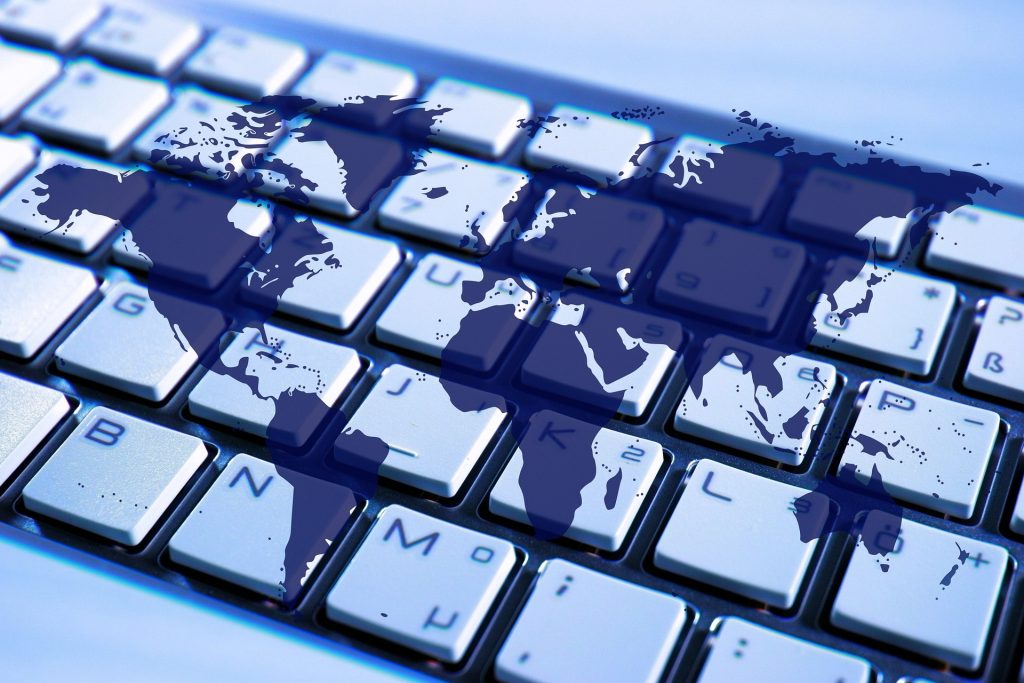
Distributed denial of service attacks, or DDoS, remain a serious source of disruption across the internet.
DDoS attacks continue to grow in their frequency and volume. Researchers at NETSCOUT recorded over 8m DDoS attacks in the first half of this year. In EMEA alone they targeted almost 300 industry verticals.
And increasingly, DDoS attacks are aligned to geopolitical events. In fact, researchers are seeing a clear link between DDoS attacks and what is happening on the global stage.
Another factor is how easy it now is to launch a DDoS attack. Plenty of sites offer “DDoS for hire”. The groups behind these sites even offer basic attacks for free. These attacks might not be the largest, fastest, or most sophisticated. But as our guest for this episode puts it, “an attack is an attack”.
Cybercrime groups are making use of AI too.
Experts warn that adversaries are using large language models to orchestrate their attacks. Some even offer AI “help tools” to steer a novice hacker through each step. This is leading to what NETSCOUT describe as a “digital battlefield”.
In this episode, Richard Hummel, NETSCOUT company’s director of threat intelligence, discusses the shape of the threat landscape, what is driving DDoS attacks, and how organisations can counter them.

Image by Gerd Altmann from Pixabay




